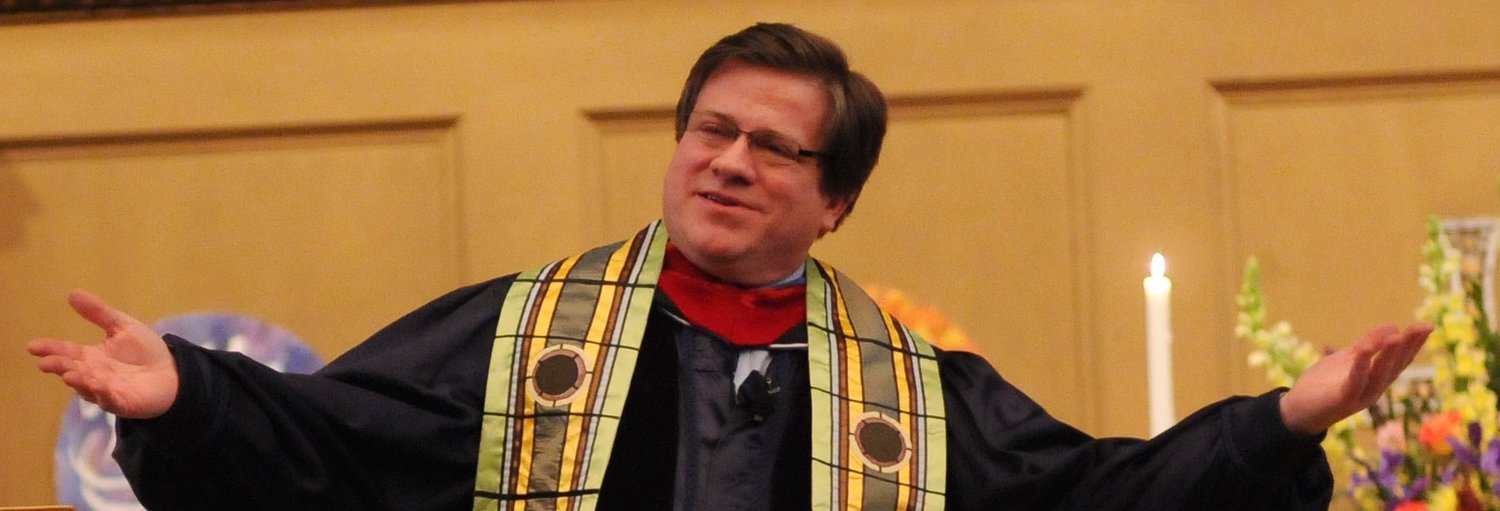After receiving my A.B. in Music from Brown University, I moved to Boston to study singing with Clara Shear and acting with Maxine Klein. As a core group member of Little Flags Theater in Roxbury, I was responsible for the management of much of our touring across the United States and to Europe. I was selected for the FEDAPT Massachusetts Arts Management Program for administrators of non-profit theaters, and was a consultant on Board development for the Massachusetts Council on the Arts & Humanities and chaired a peer-review committee concerning arts in education programs funded by the Council.
At Little Flags, I coached singers and small ensembles, attended to the "look" of our presentations and was a featured performer in a number of original musical plays. I also headed our work in arts education, especially with middle and high school students. At the retirement of the Artistic Director, I became Producing Director and moved our company to a small theater space in Central Square, Cambridge, and encouraged the creation of new companies with activist identities, including peace poets, homeless artists, and an animal rights theater group. I worked with the first group of women who became the Raging Grannies of Boston, and helped a small film company travel to the Soviet Union with US teenagers who worked with Russian and Armenian teens to create a short film, the first graffiti mural in the former Soviet Union, and a documentary seen on PBS.
During those years I worked as a vocal musician in Unitarian Universalist, Episcopal and United Church of Christ churches and a Reform synagogue. I was a music theater artist-in-residence in under-served communities throughout Massachusetts. And I received my Actors Equity card while working at Wheelock Family Theatre, a company of professional and amateur performers who did traditional shows with non-traditional casting,
When the relationship I thought would last the rest of my life ended in a surprising break-up, I used the opportunity to go to seminary as a means of testing whether my intuition about a call to ministry might be true. At Andover Newton Theological School, I pursued the Master of Divinity while being the administrative staff for the Meetinghouse Center for Theology and the Arts. During my studies, I met the requirements for ordination in both the Unitarian Universalist and United Church of Christ traditions. I became Minister and Leader of the Community Church of Boston, was ordained in the United Church of Christ, and then fellowshipped by the UUA Ministerial Fellowship Committee.





